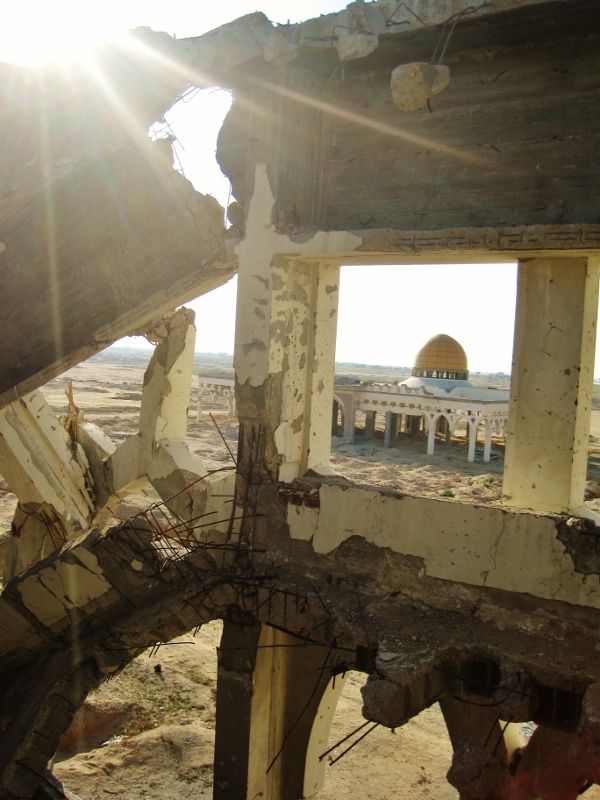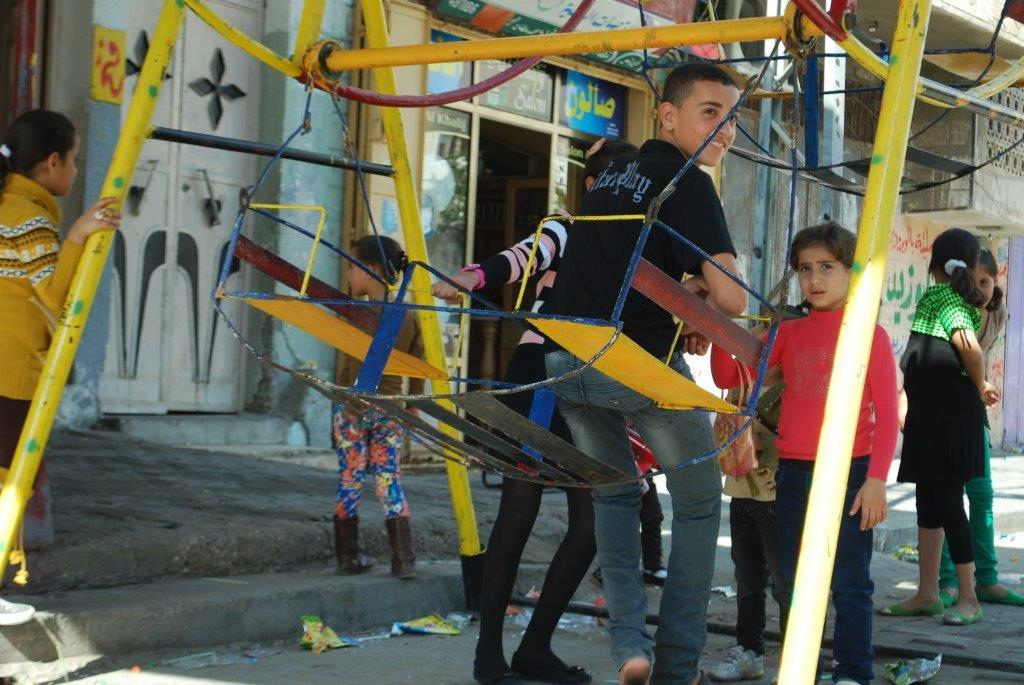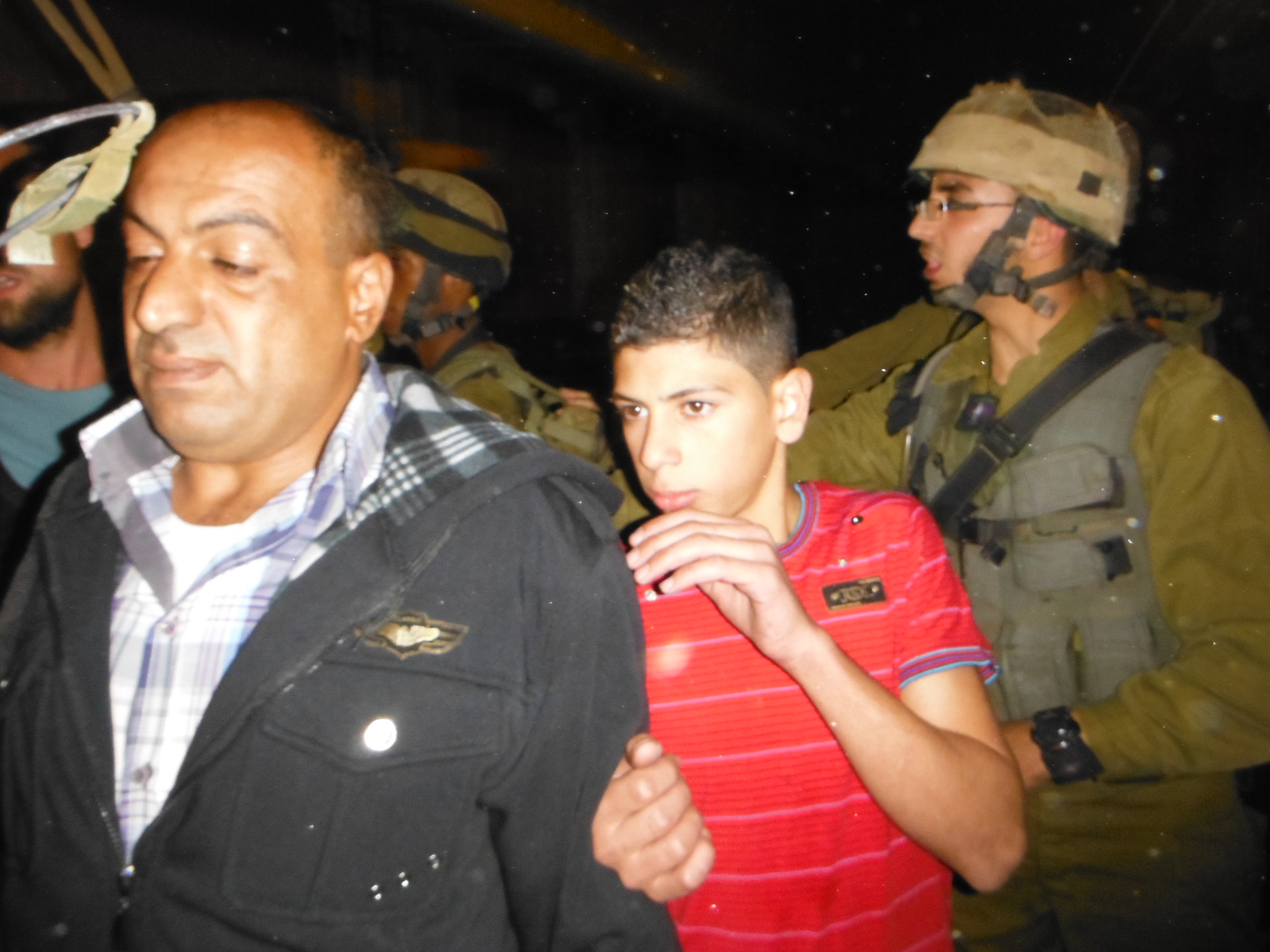Year: 2013
-
The Gaza Strip is closed and more besieged than ever
18th October 2013 | 3deVuit, Maria del Mar Fernández | Gaza, Occupied Palestine Israel continues to maintain a full, tight closure by land, sea, and air, on the only coastal enclave left to Palestine. This has become even worse since July, as the Egyptian government closes the Rafah crossing on a regular basis and has destroyed many…
-
Photos: Eid al-Adha under the Gaza siege
18th October 2013 | International Solidarity Movement, Charlie Andreasson | Gaza, Occupied Palestine It’s Eid al-Adha, the festival commemorating Ibrahim, or Abraham as the Christian part of the world knows him, and his willingness to sacrifice his son. He never had to do it, and none of the three monotheistic religions are associated with human sacrifice,…
-
Updated: Family home ransacked and young teenager detained during Eid
16th October 2013 | International Solidarity Movement, Khalil Team | Hebron, Occupied Palestine Yesterday, 15th October, a young teenager visiting his family was detained from inside a Palestinian home after it was forcibly entered and searched by armed Israeli soldiers on the evening of Eid. A Palestinian family’s home was entered on the evening of…



